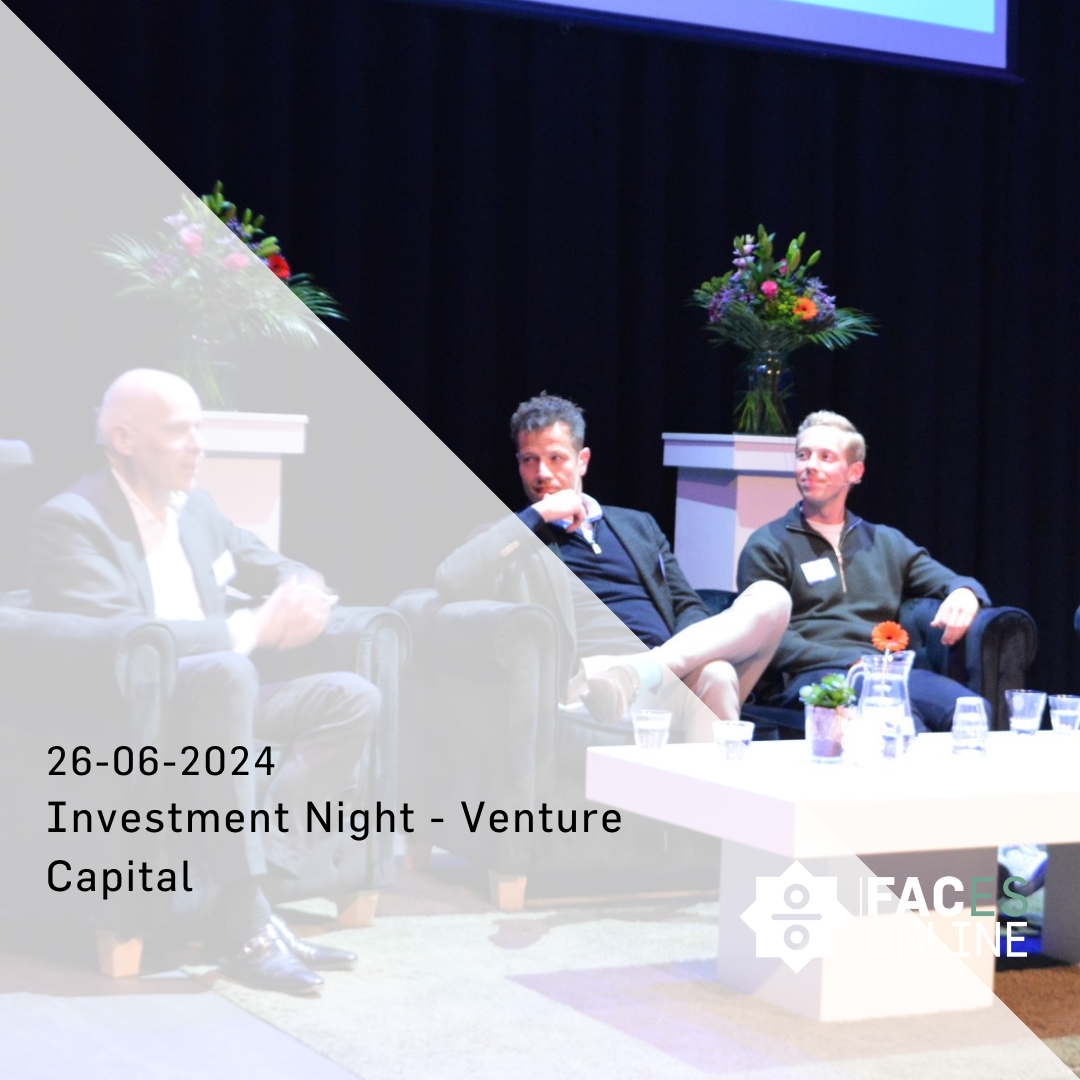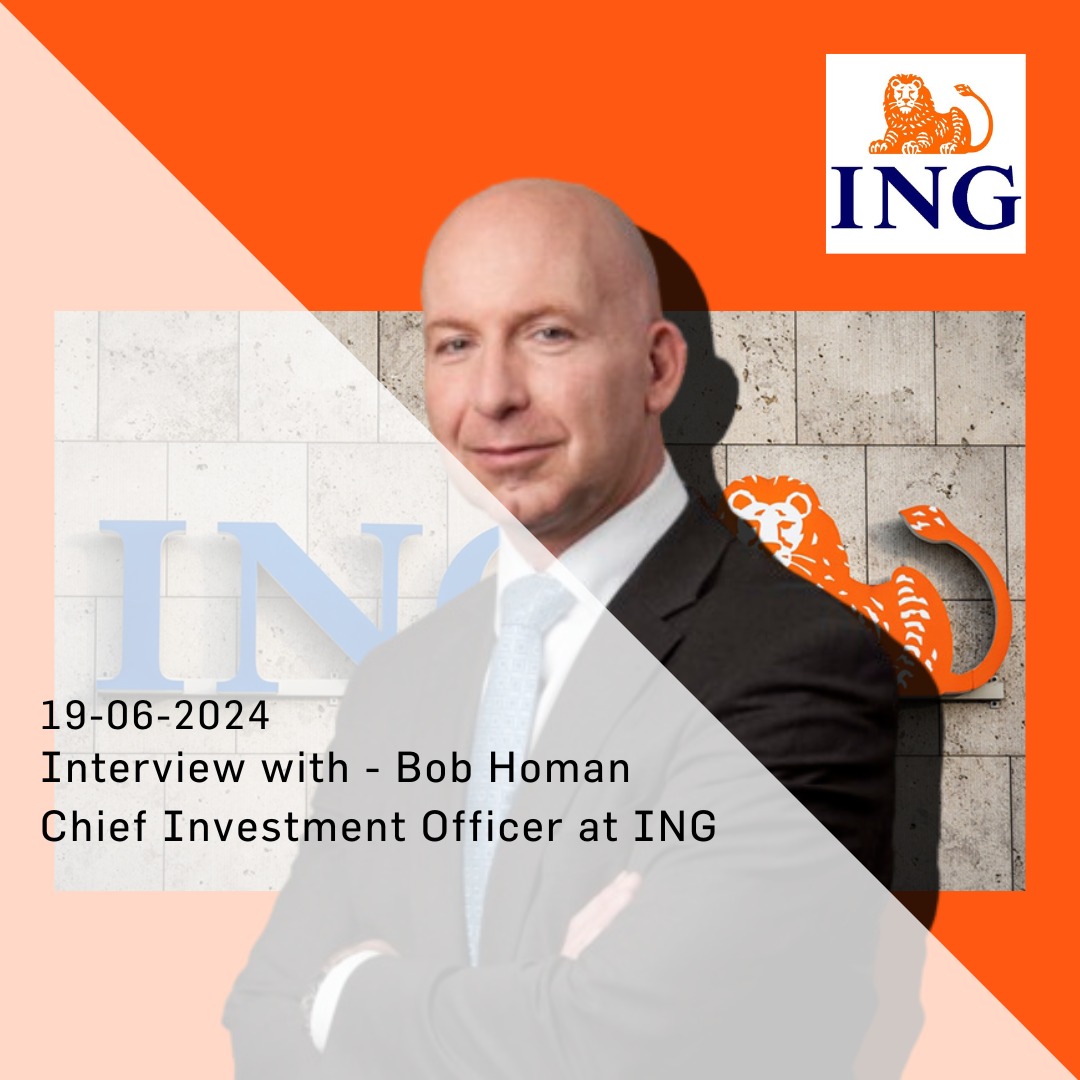Preparation for the eleventh edition of Investment Night began in early September. When we as a committee met for the first time at the beginning of


The Hague, Friday the 28th of November we had the opportunity to interview Nout Wellink in Hotel Des Indes. Our enthousiasm and nervousness made sure we were about half an hour early. We started the interview as soon as he entered and quickly noticed the latter to be unfounded. You will rarely meet a man who can elaborate on his knowledge and experience as clearly as Mr. Nout Wellink does, neither will you meet anyone who is as down to earth. This was reinforced by his friendly conversations with the hotel staff, whom he had also met on the streets, and they happily brought his usual order of green tea.
Nout Wellink recommends everyone to attend iFinance 2015. For more information about iFinance and registration use this link.
Mr. Nout Wellink. I am very thrilled to have this opportunity to talk to you about iFinance 2015.
I would like to start this interview with a general question. Your experience and current membership of the Board of Directors of The Bank of China, how did it happen?
They simply asked me. I was chairman of The Bank for International Settlements and made sure the Chinese became Board members. The Bank of China knew me because they are a Systematically Important Financial Institution and should abide by international regulations. This includes Basel III implementation, which I worked on during my time at the Bank of International Settlements.
Banks have been under a lot of pressure in the past few years. We believe, and often hear, it is due to this regulatory pressure that benefits such as interest rate cuts are not passed through to the public.
If I can answer this in a broader sense; before the outbreak of the financial crisis banks held about 1-2% of real capital, capital which they can cover risks with. This excludes “hybrid capital” upon which they cannot truly rely and the market spotted this. We multiplied the real capital figure by a factor seven to ten, depending on the significance of the bank. But it takes time before the banks are at the required levels.
By international comparison European banks were in a relatively weak position. The ECB offered to supervise the banks (the 120-130 largest banks in Europe). We wanted to supervise the banks, but only after we were assured that they were healthy. The health of a bank encompassed holding adequate capital and liquidity levels, professional risk management and ensuring transparency on their balance sheets, so as to make sure there was not some secret rubbish. This is where the Asset Quality Review and stress tests come into play.
Banks can only do their job once they have written off bad loans and realized the higher capital requirements. Eventually, an undercapitalized bank is required to stop lending entirely, which is worse than reduced lending. I do believe that in order to incorporate the higher capital requirements banks have three options. The first is to simply accept fewer loans and deleverage their balance sheet. The second is to sell balance sheet positions to improve their ratios, and the third is to simply attract more capital.
Are banks lending less money because they are lacking the “know-how” to measure the risks’ of today’s world?
You are stuck on the thought of “banks are lending less money”. You have to look at it from a different perspective. What is the function of a bank? Simply put: “The transformation of the money from savers to parties who have a need of that money”. It is often converting short term deposits in long term loans. Banks exist because they are one step ahead in the information process; that is, information they possess about others. You would not lend me money and this is simply because you know nothing about me or my credit worthiness, nor do you have any means to check up on my history. Banks on the other hand, do.
Banks have a mandatory “know your customer” rule and a “caring” duty, in order to ensure nothing bad will happen. Before the crisis they put too much pressure on each other, which caused the rules and duties to fail.
With respect to the products themselves, if there is demand for an AAA (mortgage) product, the banks will accommodate these products. On its own this is not a bad thing, however, you just have to wonder whether they really are AAA?
Let us continue to our third proposition. How do you think new ways of financing will develop?
The answer to this depends on “where?”. In Europe about two thirds of all investment streams go through banks, in the US this is a mere one third. This means that the methods of financing investments in the US are already fundamentally different from what we have here. This also enabled the US to recover from the crisis much quicker. In the US banks are less important when it comes to transferring of savings to investments. They have a deeper development in their capital markets, which include investment and venture capital funds. A new way of financing that is gaining a lot of ground in the US is crowd funding.
Despite the use of the internet, one still requires some information about the parties involved. This significantly limits the possible gains of a single project. This does not mean you cannot have numerous similar projects. If you have an idea, and six thousand people are willing to invest $100, it is still a lot of money for a simple project! It is however, nothing in comparison to the billions of investment streams around the world.
In Europe we should prioritize creating one big, broad market, which makes it easy to attract money from different countries and not only just banks.
You would not sink 300k into a project of a friend, let alone that of a stranger on the internet.
What do you think of cryptocurrencies; the Bitcoin?
Very little. Money has three functions, all of which you are taught in school. It is a unit of account, store of value and a medium of exchange. A bitcoin has no guaranteed (by deposit rules/regulations) legal status. The technique of peer-to-peer is attractive, however only on a split second basis, featuring no transaction costs. If this were not the case you would expose yourself to the risks’ of value changes. In order to be carried out on a split second basis, banks will need to support it, and will most likely charge transaction costs, making them less attractive. The fact that they are “by the people, for the people” makes them susceptible to fraud and the criminal circuits. Governments will not accept this and create rules for them, making them even less attractive.
The technique is promising however, on multiple fronts. Using peer-to-peer you can transfer almost anything, your driver’s license, digital keys, etc., safely. As a means of payment one should look at the fundamental functions of money, and realize it will not work in the end.
Any tips or a motto for the participants of iFinance?
On one hand: “Do not be too negative about new techniques too quickly.”
However on the other hand: “Be sure to remain realistic and firmly on the ground.”
The idea of “by the people, for the people”, is motivated by “look at the mess the financial institutions made of the world”. You should know that money has seldom been as stable as it has been in the past few years for the average consumer. Barely any increases in prices, nothing weird, despite the crisis. People are willing to replace this by a currency, which is about as unstable as you can get, and carries all the uncertainties you should not desire.
The motto applies to securitization as well. In principle they are magnificent products. In practice however, they were not; due to the irresponsible way they were used, and allowed to be used. Rules and regulation by lawmakers should change. The products need to be more transparent and not have a three hundred page prospectus.






















